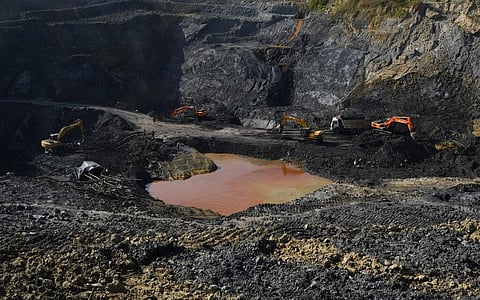

The United Nations-led Conference of the Parties (COP) is an annual climate action summit featuring world leaders, diplomats, scientists and campaigners. This year, more than 120 world leaders will attend the COP27, which takes place from November 6 to November 18, 2022, in Sharm el-Sheikh, Egypt.
Unlike the previous years, geopolitical circumstances including Russia's invasion of Ukraine, surging energy costs and food prices and global inflation could prove to be a stumbling block in arriving at a consensus this year. The growing tensions between the US, Russia and China, and simmering hostilities within Europe might also come in the way.
Union Minister of Environment, Forest and Climate Change, Bhupender Yadav will lead India's delegation at COP27. In the past, Prime Minister Narendra Modi had spearheaded India's representation at the climate summit.
What to expect from India at COP27?
* India will set its sights on climate financing and will seek clarity on its definition.
* Domestic action and multilateral cooperation on climate change.
* Climate funding in the long term in conjunction with climate change and limiting fossil fuel emissions will be high on India's agenda.
* Will emphasise that strengthening the financial mechanisms of the United Nations Framework Convention on Climate Change (UNFCCC) is imperative to meet the climate finance delivery goals.
* Will push for the $100 billion-a-year pledge of climate funds for developing countries, a promise made in 2009 that hasn't yet been fulfilled despite it being two years past its deadline. No other country will see a bigger increase in energy demand than India in the coming years, and it is estimated that the nation will need $223 billion to meet its 2030 clean energy targets. Currently, 42% of the country's installed electricity capacity is from non-fossil fuel sources.
India's pledge from COP26
India took the following pledge as part of its climate action plan at the 2021 COP summit held in Glasgow.
* Reach 500GW non-fossil energy capacity by 2030.
* 50 per cent of its energy requirements from renewable energy by 2030.
* Reduction of total projected carbon emissions by one billion tonnes from now to 2030.
* Reduction of the carbon intensity of the economy by 45 per cent by 2030, over 2005 levels.
* Achieving the target of net zero emissions by 2070.
(With Inputs from AP, Ministry of Environment, Forest and Climate Change)